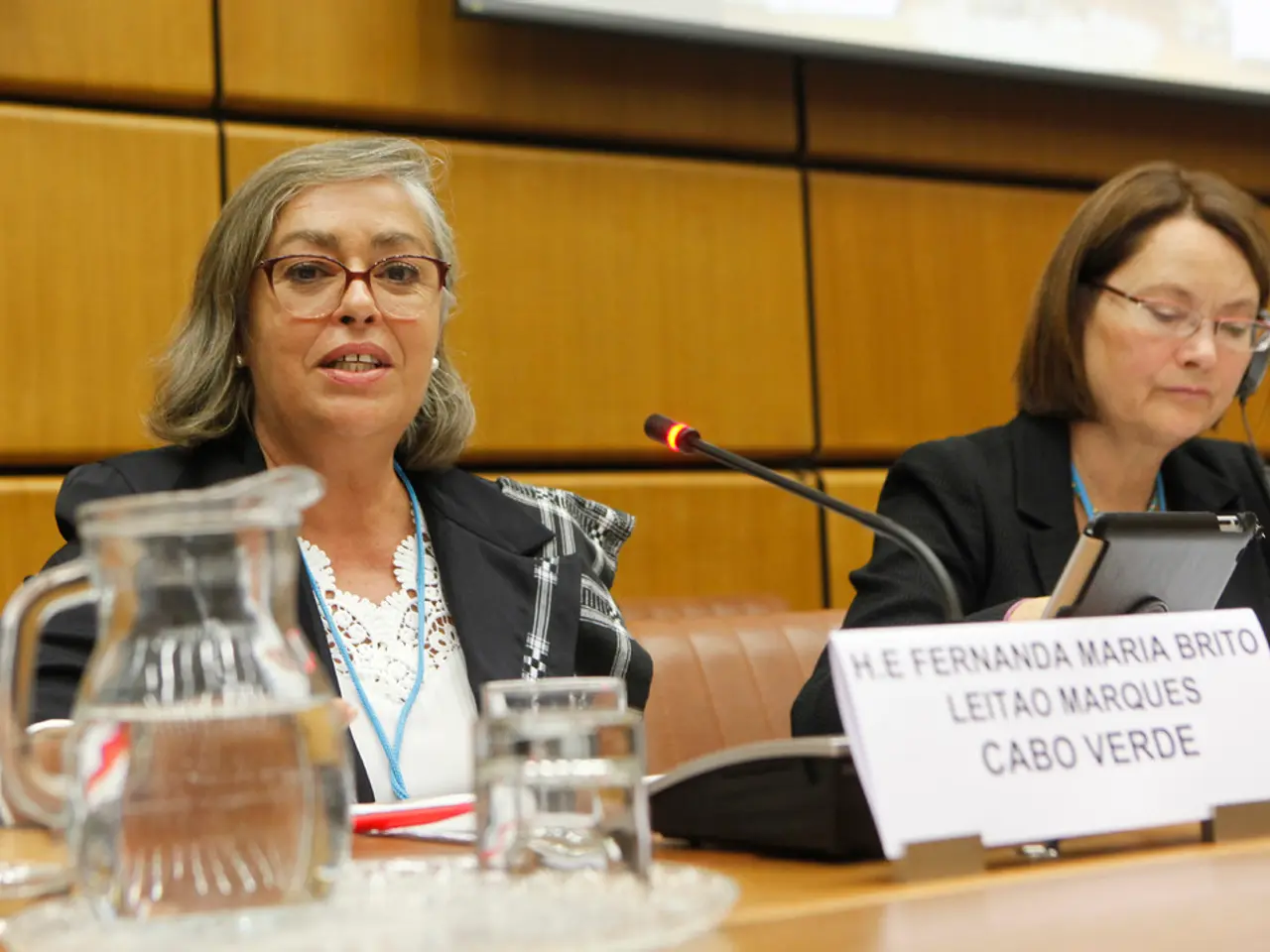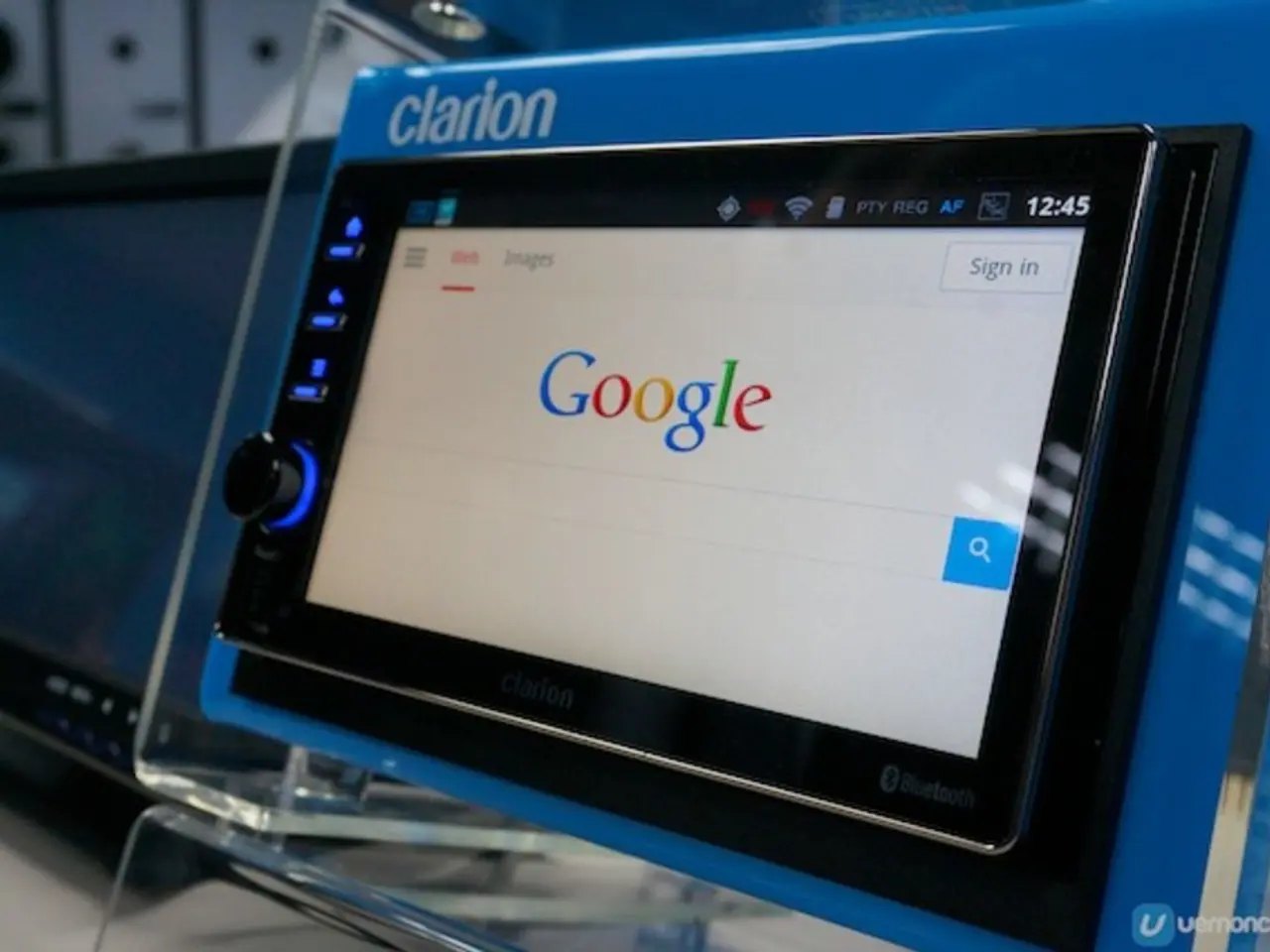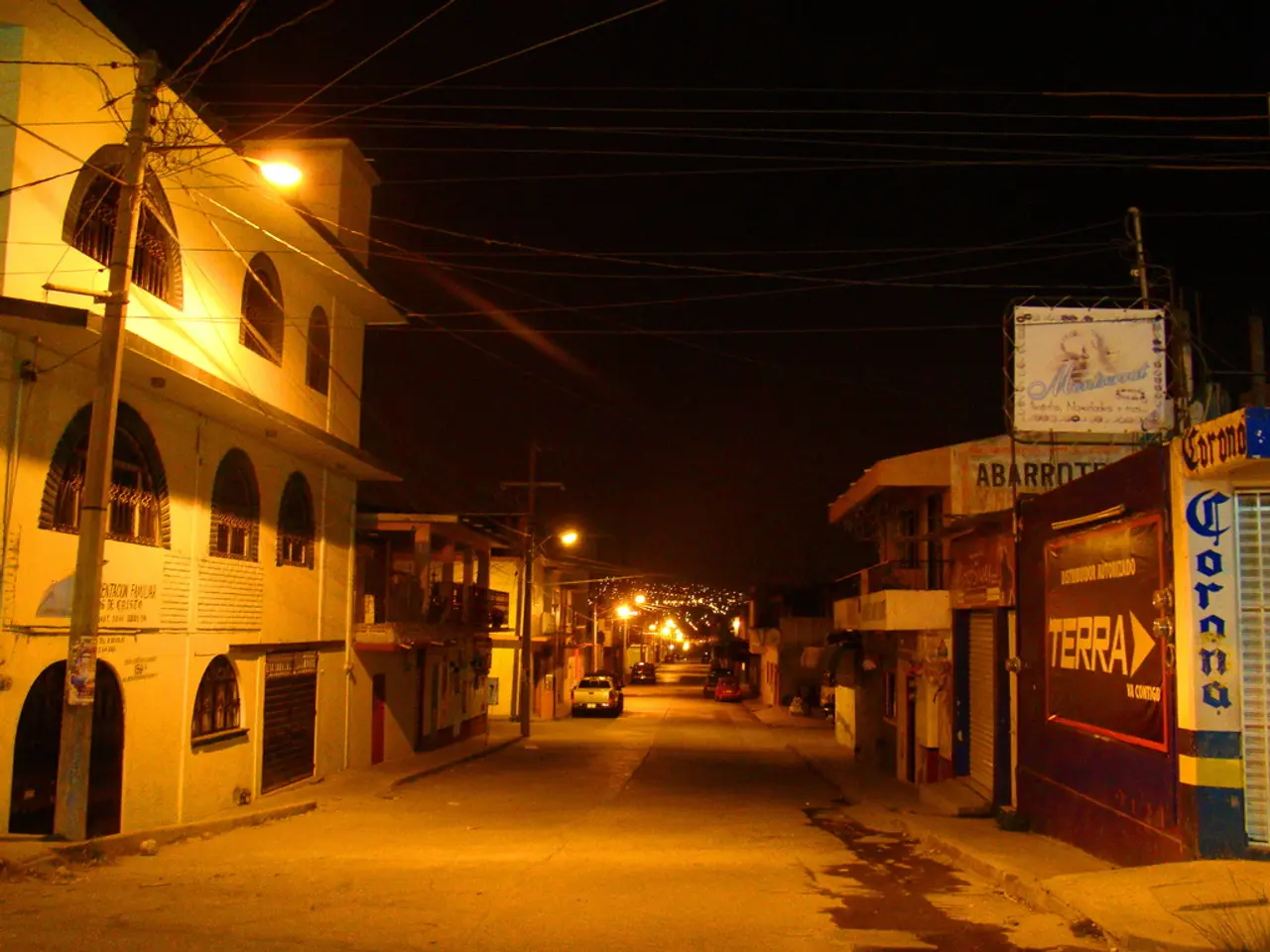Juicing Up Electric Motors: More Charging Stations Coming to NRW Highways
Expanded charging facilities for electric vehicles along the highways of North Rhine-Westphalia - Additional electric vehicle charging stations on NRW highways
Here's the deal, folks! Electric vehicles (EVs) are about to get a boost on motorways in North Rhine-Westphalia (NRW) and Westphalia. The Federal Motorway Company has plans to build more charging points for EVs at additional locations.
In the Rhineland, a whopping 34 fast-charging connections will be constructed at seven rest areas, as confirmed by the company. The first of these locations is on the A3 Helderloh rest area near Rees on the Lower Rhine, sporting eight fast-charging connections for speedy charging on your way to the Netherlands.
Over in Westphalia, 60 fast-charging connections will be built at 14 rest areas on motorways A2, A31, A33, A43, and A45. Some locations will even be opposite each other for ease of access.
Each connection provides a massive 400 kilowatts, allowing a mid-size EV to potentially drive up to 300 to 500 kilometers on just ten minutes of charging. With both connections of a pole occupied, each EV can be charged with at least 200 kilowatts.
The ultimate goal? A nationwide network of charging stations that will give EV drivers the ability to charge up every ten driving minutes on motorways. The Federal Motorway Company aims to build around 1,000 connections at unmanned rest areas on motorways by 2026, with a long-term goal of 4,000 charging stations.
On the flip side, ADAC states that the charging infrastructure in Germany is in dire need of improvement, and charging EVs takes too long compared to some neighboring countries. The construction of additional charging points at motorway rest areas should make life easier for EV drivers in Germany.
Insight: The expansion of EV charging stations on German motorways, including NRW and Westphalia, is part of a large-scale initiative known as the Deutschlandnetz, coordinated by the Federal Ministry for Transport. This initiative aims to create a comprehensive, demand-oriented, and user-friendly charging infrastructure across Germany [1]. However, despite recent surges in infrastructure growth, grid connection delays, high costs, and regulatory hurdles remain challenges that slow the pace of expansion [2][5].
Car, EV, the Federal Motorway Company, NRW, Westphalia, Rhineland, and ADAC - these are the keywords to keep in mind. Germany is stepping up its game to support the burgeoning EV market with a more efficient charging infrastructure. Stay tuned for more updates on this front!
[1] EU’s AFIR regulation, https://ec.europa.eu/transport/modes/road/vehicles/alternative-fuels/emobility-legislation_en[2] DeutschlandNetz Expansion, https://www.bmdv.de/bmvbs/DE/Themen/Strasse/Sonderprojekte/deutschlandnetz-oesterreichnetz.html[3] Deutschlandnetz - Germany's Fast-Charging Station Network, https://www.cleanenergywire.org/factsheets/germany-s-fast-charging-station-network-deutschlandnetz[4] E.ONÃs Electric Charging Stations, https://www.eon.com/sustainability/electric-mobility/network/quick-charge-stations[5] Challenges in the Build-out of Charging Stations, https://www.energytrendinsider.com/2019/04/challenges-in-the-build-out-of-charging-stations-germany/[6] Expanding the Charging Network, https://www.adac.de/themen/elektroauto/breakdown/faktensache/antriebssystemeelektrisch.aspx
- The Community policy and Employment policy in NRW should consider the growing demand for vocational training in the environmental-science sector to accommodate the rise of electric vehicle (EV) manufacturing and maintenance.
- With the increasing number of EVs in the Rhineland, Westphalia, and NRW, it is imperative to invest in vocational training programs focused on electrical systems and technology to address the skill gaps in the industry.
- As part of the industry's growth strategy, financial institutions may need to explore innovative funding mechanisms for the development and deployment of EV charging infrastructure, such as partnerships with renewable energy companies and government grants.
- The transportation sector's transition to EVs and the expansion of charging stations will have significant environmental benefits, making it crucial for the science community to study the impact on the overall energy consumption and emission patterns in the region.
- The 2026 goal set by the Federal Motorway Company for the construction of charging stations requires collaboration with the technology industry to ensure the timely and efficient installation of unmanned, smart charging systems that can meet the demands of EVs with fast-charging capabilities.
- With the growing adoption of EVs and the expansion of infrastructure, the connections established between the Rhineland, Westphalia, and other regions in Germany will provide opportunities for collaboration in industry, technology, and environmental-science research and contribute to the growth of the EV market in the country.








